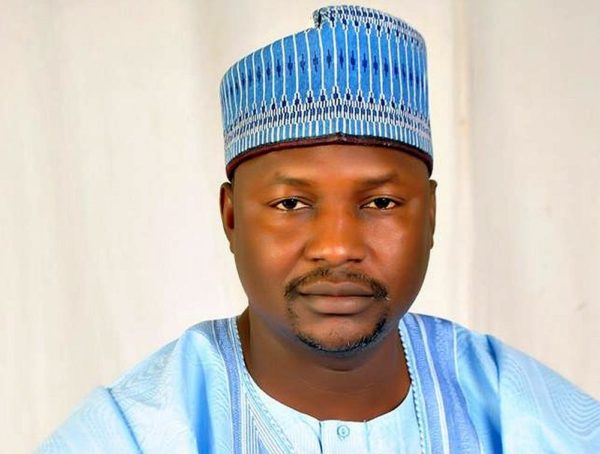
Attorney-General of the Federation, Abubakar Malami
The Federal Government has said that it
has begun the process of compiling names of legislators over unexecuted
constituency projects earmarked for them in the 2014 and 2015 budgets.
The total amount to be probed is N200bn, that is, N100bn each for 2014 and 2015.
According to PUNCH, the Attorney-General of the Federation (AGF) and Minister of Justice, Abubakar Malami (SAN), made this known on Sunday.
He added that the compilation was being
done by the police, the Economic and Financial Crimes Commission (EFCC)
and the Independent Corrupt Practices and other related offences
Commission (ICPC).
“The money for constituency projects had been taken, but certain allegations prevailed that some constituency projects were not executed after the money had been paid 100 per cent.If money is appropriated in the budget, paid and the projects the funds were meant for were not executed, it is only natural to take steps to find out what happened. If neither the money nor the project can be produced, then you must take steps in accordance with the law.There are cases that are specific; we are compiling them. I will not want to pre-empt investigation, we have to allow investigation to be concluded before we go public,” he said.
Malami said that the names of
legislators and the constituency projects that were not executed would
be made public after investigation, adding that he will not give details
now “in order not to preempt investigation”.
He said his office and the law
enforcement agencies had received complaints of how payments were made
for constituency projects that were never executed.
PUNCH’s report also added that the Chairman, House Committee on Media and Public Affairs, Abdulrazak Namdas, said that constituency projects are only identified and inserted into the Budget by lawmakers, but are carried out by MDAs.
“Members do not execute constituency projects, and they don’t receive money for the projects.For example, a health centre will naturally be done by the Ministry of Health or any agency so designated by the executive to handle the project. It is not the member who implements the project or appoints the contractors,” Namdas said.

0 Comments